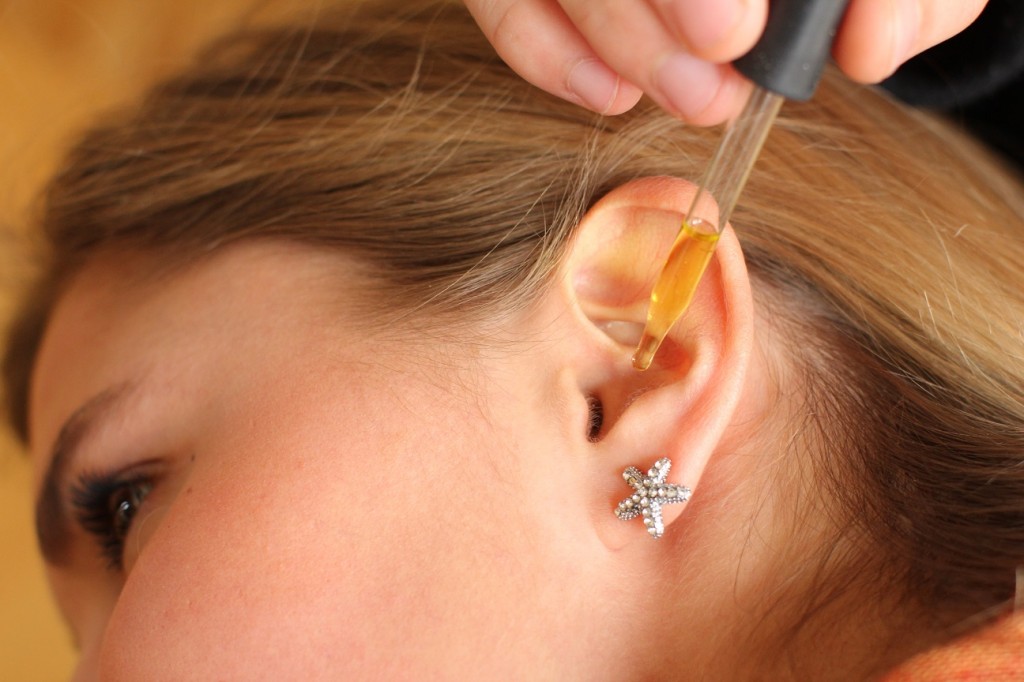An ear infection can be extremely painful. Apart from making it difficult for you to hear, it can also rob you off your body balance. That is what labyrinthitis does to you. It is an inner ear infection in which you may experience a spinning sensation in your head, dizziness, blurry vision, nausea, etc. You may also feel that like you may fall and something is ringing in your ears.
ALL ABOUT INNER EAR INFECTION
Your inner houses structures known as labyrinth, some fluid and a few hair cells. All these are responsible for your hearing capacity and body balance. So when this part of your ear is affected, the flow of information to your brain from it gets disturbed. That is why you experience these symptoms. Viral infections mostly cause this ear infection. However, bacterial infection could also be the cause behind your labyrinthitis.
ENT associate some viruses with inner ear infection: Measles, mumps, hepatitis, and the types of herpes that cause cold sores, chicken pox, or shingles. Viral labyrinthitis generally affects one ear at a time and subsides quickly. However, it may relapse. Bacterial labyrinthitis, on the other hand, can be caused by a prolonged middle ear infection or infection in the bones surrounding your inner ear.
The risk factors for inner ear infection include respiratory ailments, menigitis, head injuries, herpes, measles and autoimmune conditions. The other factors that can up your chance of getting this condition are heavy smoking and drinking, family history of allergies, stress and some medication.
As far as its diagnosis is concerned, your doctor will perform a basic ear check-up first. This may be followed up by a series of neurological examinations to rule out other conditions that labyrinthitis mimics. These include head injury, brain tumour, stroke, etc.
The treatment depends of this ear infection depends on the cause. In case of a viral infection, the aim is symptom control. Your doctor may prescribe medicines that control manifestations like swelling and vertigo. If the symptoms are severe, steroids can also be part of the prescription. In case of a bacterial ear infection, your ENT will recommend antibiotics.
MANAGING THE MANIFESTATIONS NATURALLY
Along with the medications, some home remedies may also help heal your inner ear infection. They can actually make the process of symptom control pretty fast. If the signs of this condition aren’t that severe in you, you may not even need medicines. Here are the home remedies that you can try.
Tea tree oil
Tea tree oil can be effectively used to kill bacteria or viruses that infect the ear. © Shutterstock
Having effective antiseptic and antimicrobial properties, tea tree oil is one of the best natural remedies for infections, says a study published in the journal Clinical Microbiology Review. It can be effectively used to kill bacteria or viruses that infect the ear.
Rx: You shouldn’t inhale it raw as tree oil is toxic in nature. Dilute it with hot water and then inhale the steam. This will provide you instant relief from the symptoms of labyrinthitis.
Garlic or garlic oil
Garlic oil can boost the function of your immune system helping in fighting against bacteria causing ear infection. © Shutterstock
Due to its anti-viral, antifungal, anti-oxidizing, and antimicrobial properties, garlic is considered as an effective remedy for ear infections. Also, it can boost the function of your immune system helping in fighting against bacteria, virus and other pathogens. You can also go for garlic oil for the same benefits.
Rx: Crush a few garlic cloves. Then, wrap them in a small cloth and place on your ear for around 30 minutes. This will provide relief from symptoms of ear infections like pain and swelling. If you want to use ginger oil, you can add a few drops of it to a bowl of warm water. Now, bring the affected ear near the bowl and keep it there for around 5 minutes. The steam will soothe the symptoms of labyrinthitis.
Basil oil
Having antibacterial properties, basil oil is considered good for fighting against bacteria causing infection in the inner ear. © Shutterstock
According to a study published in The Journal of Infectious Diseases, basil oil can potentially help with ear infections. This is due to its antibacterial properties.
Rx: You need to put a few drops of basil oil in warm water and inhale the steam. You can also go for basil leaves. Crush them to extract their juice and pour A few drops in the ear canal.
Mullein oil
Extracted from mullein flower, mullein oil can calm irritation and inflammation in the internal parts of ear. © Shutterstock
Originated from Europe and Asia, mullein is a flowering plant is considered great for treating ear infections. It contains certain compounds that can calm irritation and inflammation in the internal parts of ear, nose, mouth, and throat. A 2003 study conducted on 171 children found that those who used ear drops containing mullein had a significant improvement in ear pain over a course of three days. Another study published in the journal The Archives of Pediatrics and Adolescent Medicine reveals that a herbal ear drop containing mullein is as effective as an anesthetic, when it comes to pain relief.
Rx: You can use an oil containing mullein and add a few drops of it in warm water. Now, inhale the steam.
Apple cider vinegar
Apple cider vinegar contains acetic acid which, according to a study published in the Journal of Hospital Infection, can kill bacteria. This vinegar is in fact effective against viruses and fungi as well.
Rx: For relieving the symptoms of inner ear infection, mix apple cider vinegar with warm water in equal proportions. Now, apply it in the affected ear. After that, cover your ear with a cotton ball or any clean cloth for at least 5 minutes.
Sea salt
Salt therapy can ease the swelling of your eustachian tube that resides in your inner ear. © Shutterstock
In case of labyrinthitis, your eustachian tube, a structure inside the inner ear, may swell up. Salt therapy can ease this symptom.
Rx: Mix half teaspoon sea salt with purified warm water. Squeeze the mixture with an eye or nose dropper put it in your nostrils. Blow your nose gently after waiting for one or two minutes. This will drain out blockage-causing fluids from your nasal passage and relieve your ear infection symptoms. You can also heat sea salt and put it in a cloth. Now, compress the affected ear with this cloth for 5 to 10 minutes.








Thank you SO much for all of this information! I have been experiencing chronic vertigo after a severe case of the shingles that settled in my right eye socket and right ear for over 8 months! Extreme pain! A friend recommended Tea Tree Oil for my ear. I applied it once daily for two days and I have miraculously noticed an huge improvement in my balance, hearing, etc. I’d been to different doctors for over the 8 months and no one could help me. They said I’d have to just live with the problems!